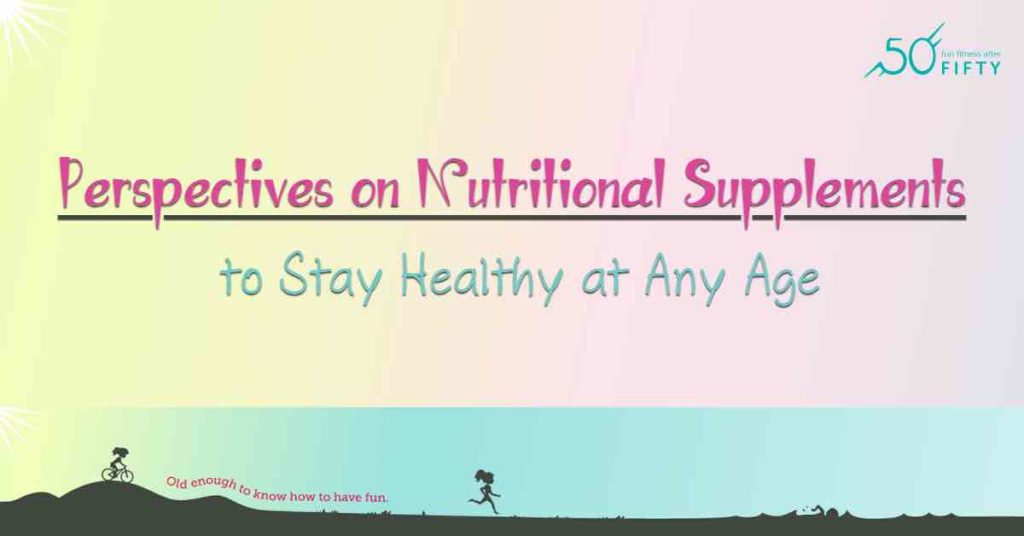Putting malnutrition in perspective
Do you know the story about Captain Cook making his crew eat sauerkraut on voyages to prevent scurvy? It turns out the commonly told story might not be quite right. First, there was the ever present trouble of how illness was reported. Second, Captain Cook was apparently very good at advocating his opinion. Thirdly, the ship stopped to get other food a lot. And fourthly, the Captain may very well have died as a result of other malnutrition.
In the case of ship related malnutrition, even though no one knew the exact cause, people who ate a variety of fresh foods on land rarely had these issues. Such is still the case with malnutrition. A variety of fresh food usually provides very adequate nutrition.
Just as importantly in the story is that once foods that helped keep scurvy at bay were discovered, it wasn’t because someone had isolated vitamin C. It was because they ate whole citrus fruits or real juice. Part of the challenge was that it was not well understood how preservation or storage affects the nutritional value of food. And the ship’s doctor who seems to have made the original discovery wasn’t completely clear on what he had found.
A little panic goes a long way
We live in a time where we have access to a huge variety of foods grown all over the world. This means we are much less likely to have malnutrition due to limitations of our local soil. However, it is still pretty easy to get people panicked about their diet. Plus, supposed quick and easy fixes are more alluring than the harder work of exercise and good eating habits.
While it is true that additional isolated nutritional supplements have been shown to help people with certain health issues, it is not so clear that everyone needs to take extra vitamins. There is some evidence that a body adjusts to greater amounts of a nutrient and stops absorbing it as efficiently.
There are reasons that taking dietary supplements could be not only wasted money, but detrimental to your health. How can it be detrimental to your health? Here is a summary that you can feel free to investigate further:
- excess of one nutrient can inhibit the absorption of another
- excess nutrients, particularly in non-food form may be bad for your body
- by taking a nutrient artificially you may not be eating enough of the food that also provides other important nutrients
- many supplements are processed and preserved in ways that affect how ingredients affect the body
- shelf life of packaged supplements may lead to rancid or contaminated products
- it is very hard to identify what is actually in an encapsulated or dried supplement
- molecules produced in laboratories are sometimes not the same as those produced in natural processes.
How do you know it is an apple?
You may be surprised to hear that the FDA does not monitory dietary supplements. Not that they really keep anyone safe, but that is another story that you can check out here – Death by Regulation, by Mary Ruwart. I’m not a fan of most medication anyway, but the FDA does more to inhibit drugs getting on the market and keeping prices high than anything else.
Regarding supplements, here is a private organization that has done a lot of work to help people evaluate supplements. You can listen to an interview of Neil Thanedar, the CEO of Labdoor.com on the Tom Woods Podcast episode 1196, A Market Alternative to the FDA.
I’m not saying we need to eat everything raw. Some processing can be useful for digestion or short term storage, which I cover in Simple Nutrition for the Barefoot Runner. Still there comes a point at which you can’t recognize or identify what you are being asked to believe is food. Plus, if you are not eating the nutrient in its natural food form, you may not be getting other nutrients that are necessary for it to work.
The best supplements to your diet are real food
Sometimes the body needs extra support in the way of specific nutrition or in energy needed to perform. I know when I am running more, I crave more protein. It is weird how I just know what sounds good. It doesn’t have to be expensive protein. And since sometimes different proteins sound better, I have to suppose that there may also be something else in them that makes a difference, too.
When I’ve been low on vegetable or fruit intake, my body begins to crave those things. When I give in to eating too much nutritionally deficient food, my body doesn’t feel good. It can take some practice and honesty to figure out what your body is craving versus what your bad habits are craving, but it can be done.
Alternatives to supplements
If you really feel you need to make sure you are getting more of a certain nutrient, stock up on foods that will provide that. Think about what you are craving and ask yourself why that might be? Sometimes I find myself craving salt due to having perspired a lot. There are good and less good ways to get my salt!
Have easy snacks that satisfy cravings in a healthy way. No, your diet doesn’t have to be picture perfect, but a little planning will leave you with good options at crucial times. Then you will find yourself feeling better from overall good nutrition.
Be aware that diet fads often suggest avoiding healthy foods that may be just what your body needs at a given moment. Not everyone needs the same proportions of nutrients as everyone else or even themselves across time. It can depend on things such as age, type of physical activities, personal digestive needs, and other stresses in your life. Don’t let the latest hype keep you from eating basic healthy foods as part of an overall varied diet.
Monitoring the affect of your diet or supplements
We constantly have a lot of variables in our lives. It can be difficult to narrow it down to what is helping and what is not. Sometimes we just feel better if we know we are doing something!
But if you want to do a better job of evaluating how your diet or supplements are affecting you, try to keep a journal about it. To be thorough, such a journal would really need to include all of these variables:
- sleep, when, where, how long, other factors that may affect it
- how much change is going on in your life
- events and relationships that might affect your emotional and mental attitudes
- your diet, including proportions, how prepared, time of day
- physical activity
- illness
- variations in digestion and elimination
If you do this, you have to be careful of two things. First, do not obsess about your choices. Maybe tweak things here and there based on observations, but don’t change a lot at once and don’t stress yourself out over them. Just observe yourself for long term patterns.
Secondly, be aware of being consistent in how and when you record things. There is a tendency in all of us to selectively notice and record things to fit our own biases or preferences.
The supplement of happiness
Sometimes people are looking for a drug or supplement to make them feel better when an attitude adjustment would probably do just as well, if not better. It is pretty well established that attitude affects our body. Our bodies physically responds to mental messages about stress by preparing it physically for stress. This is harmful if it is constant.
Its like trying to live our lives at a sprint. Not even the best sprinters can sprint all the time. In fact, they can only sprint a short way once in a while. The human body just isn’t designed to be functioning at peak stress for very much of the time.
Oddly, this means that just eating something fun can be a good *supplement*. If it makes you happy, it may be what you need at the moment. Give yourself permission to be happy!
When supplements are okay
Supplements are probably okay if:
- you are not neglecting the rest of your nutrition
- you verify there actually contain what they say they do
- they have been stored in a way that retains their intended value
- you can afford them
- you have a particular disease or illness that inhibits getting nutrition through normal digestion
This is not an all or none list. These are just suggestions about how to wisely decide whether or not to take supplements, as well as how to decide which ones you might take. Don’t be pressured by advertising or the latest *scientific* study. But remember, no matter what, food is more enjoyable than any supplement could be.

